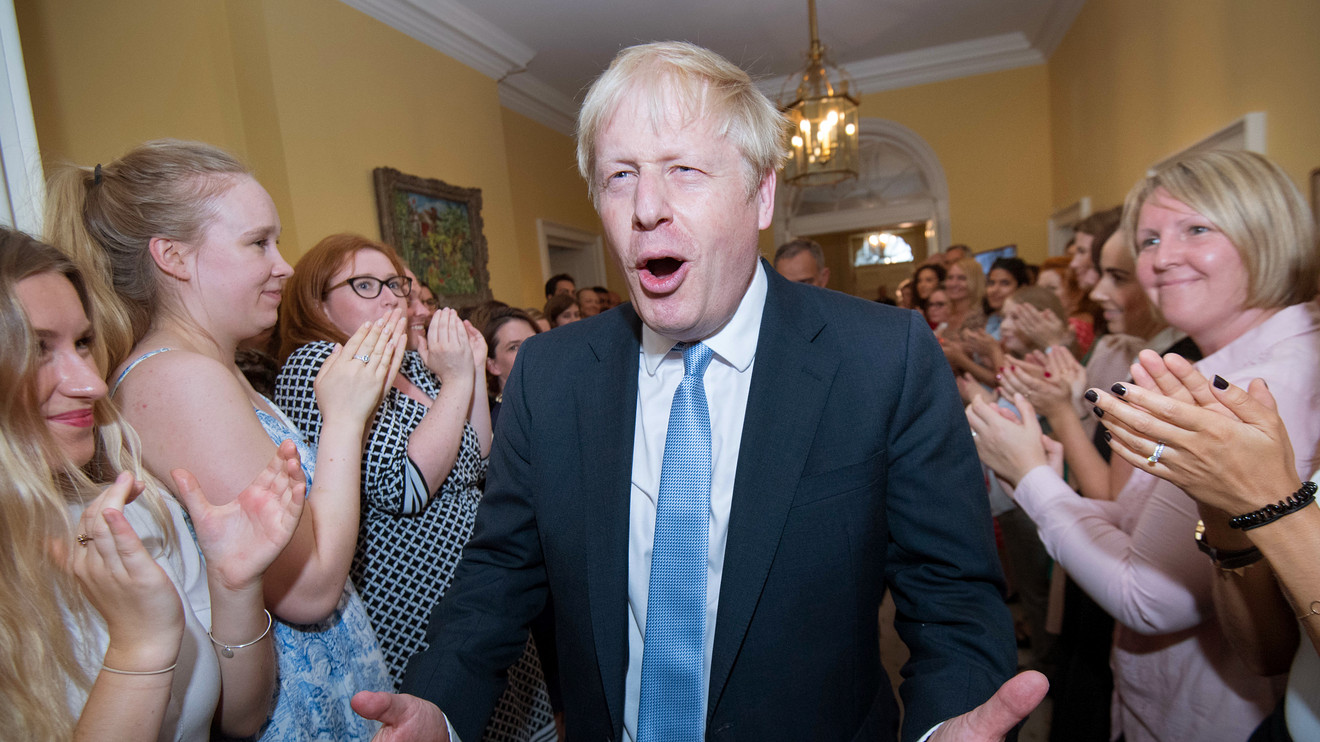Po
A vote by UK lawmakers thwarting Prime Minister Boris Johnson’s plan to approve the Brexit deal he struck this week with the European Union will prolong short-term political uncertainty.
It could also force the British leader to comply with the law by forcing him to ask for an extension from his EU counterparts, pushing back the actual date of Britain’s exit from the Union, which was due to take place on October 31.
But the British Parliament’s vote also makes the possibility of a no-deal Brexit a little more remote. This signals that MPs remain opposed to a hard Brexit, which would entail the worst economic consequences of all possible scenarios for the British economy. And since there is now an agreement between the current UK government and the rest of the EU’s ivse members, the extension does not mean another round of protracted negotiations between London and Brussels.
Here are three takeaways from Saturday’s vote:
Boris Johnson said on Saturday that he would not” negotiate ” delays with the EU because he had always opposed it. But since the law forces him to ask for one, he can simply do the minimum and send a letter asking for the three-month extension required by the so-called Benn act without entering into any further negotiations about it.
A decision to ignore the law would trigger a constitutional crisis that could plunge the EU into several more months of political chaos. But other than having to swallow his pride, asking for a delay is in Johnson’s interest – it will give him, as well as the European Parliament, a little time needed to properly debate and ratify the deal.
It is unlikely that the EU will refuse his request. French President Emmanuel macron has played hardball on the grounds that the distraction from Brexit has lasted too long for the good of the EU. But like all EU leaders, he has always been open to extending Brexit negotiations if new elements are warranted, if on the side of the EC. What’s right now: a deal has been struck and the British Prime Minister is considering holding a new election to give him the majority he will need to continue.
2-Elections
The probability of new elections is now higher. Once he has requested an extension, Johnson can find the votes he needs, with labor’s help, to dissolve Parliament and organise a new election. He is currently leading in the polls and can hope to secure a solid majority in the next Parliament, which in turn will allow him to approve the current deal.
Despite thousands marching on the streets of London on Saturday to demand a new brexit referendum, it is unlikely that Johnson will feel the pressure to organise one. There is no majority for this option in the current Parliament and the opposition labour party is divided on the issue.
Uncertainty could resurface if the Conservative party loses the election and a new Prime Minister is appointed because he or she wants to renegotiate the Brexit deal. But for businesses and markets, this type of uncertainty will be positive: it can only lead to a better outcome for the UK economy, with the UK ultimately closer to the EU on trade or regulation.
3 – the Decision
Regardless of the votes in the next few days, the end of the first phase of Brexit is near. Even if the law forces the Prime Minister to ask for a three-month extension, until January 31 next year, the two sides can together decide to cut it if they come to an agreement that will be ratified before then.
In addition to the actual date of withdrawal from the EU, another series of uncertainties will need to be addressed, in particular the nature of the free trade agreement to be concluded between the two parties and the length of the so-called transition period during which the EU will treat the UK as if it were a member state. The transition period could be extended by one to two years, but a decision must be made by the end of June next year.
This means that Brexit, part 2, promises to be saturated, as part 1 has been in the last three years.
Join the conversation

Be the first to comment on "So what’s next after the K K. K. Parliament’s non-vote on Brexit?"